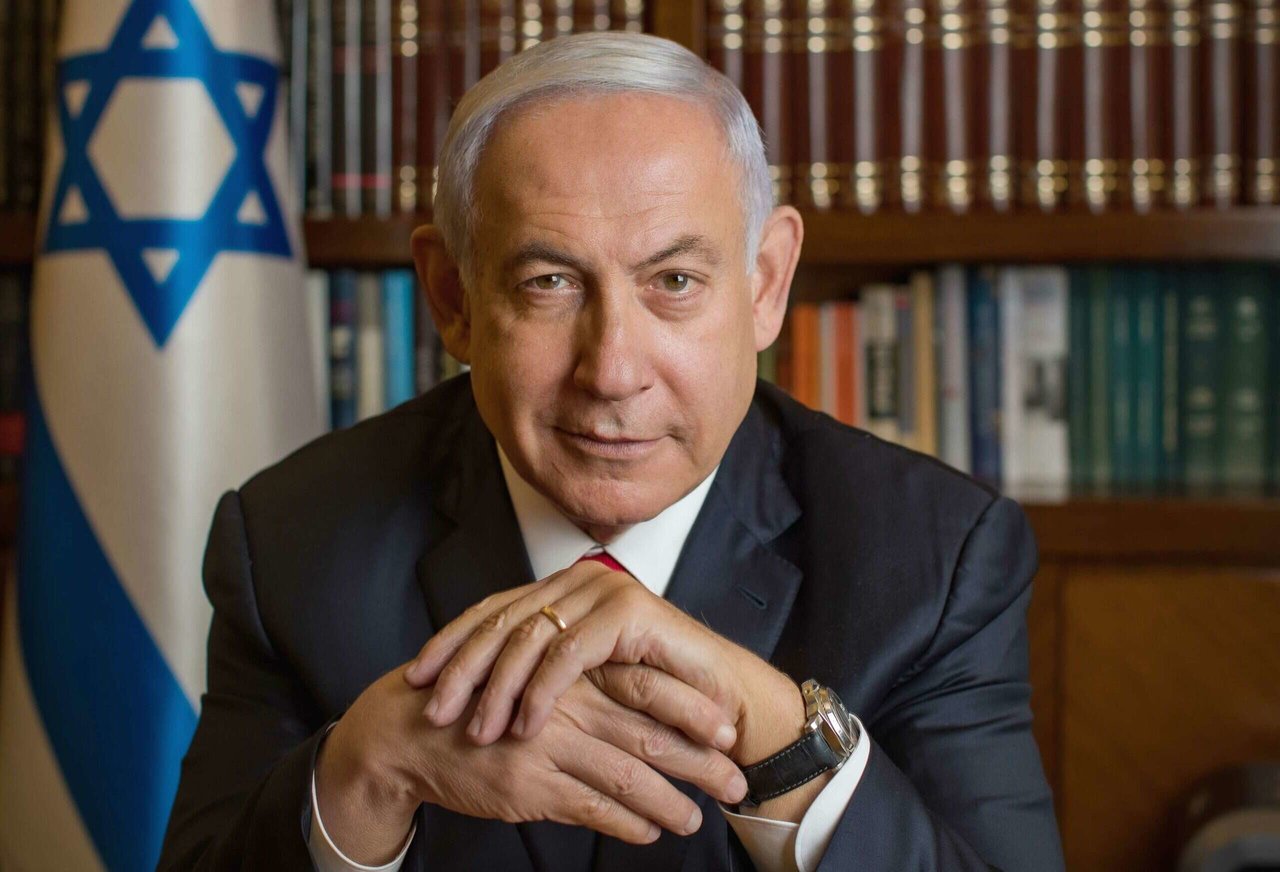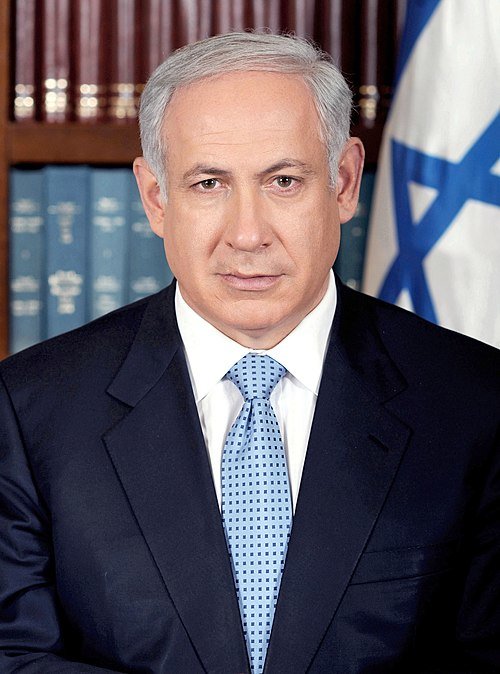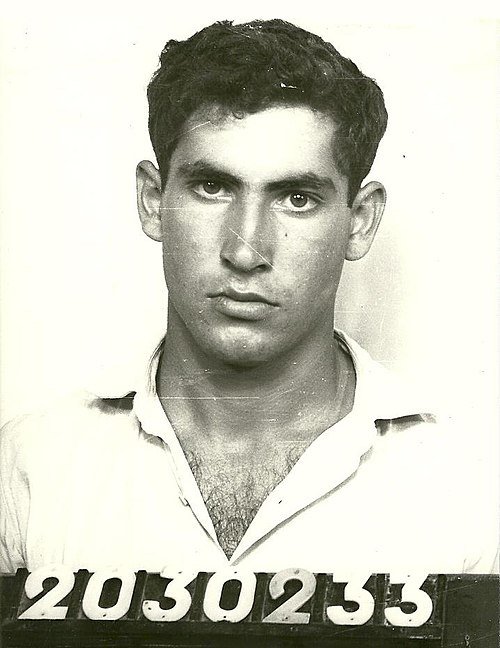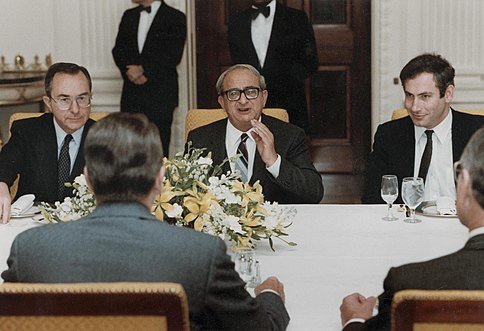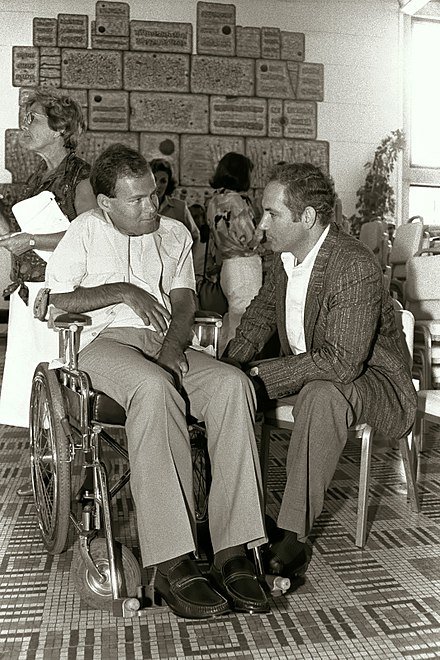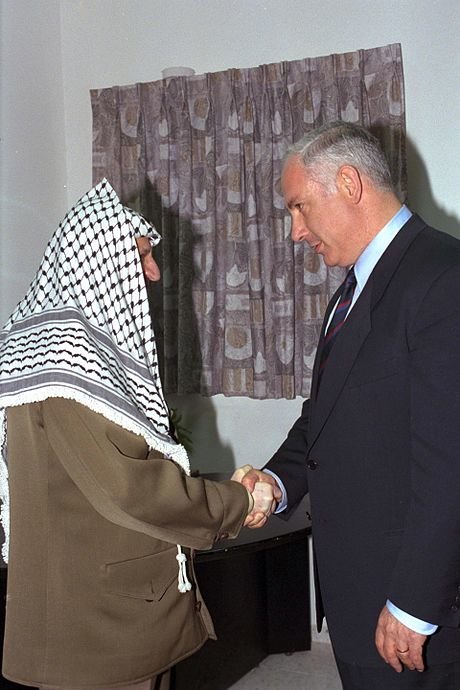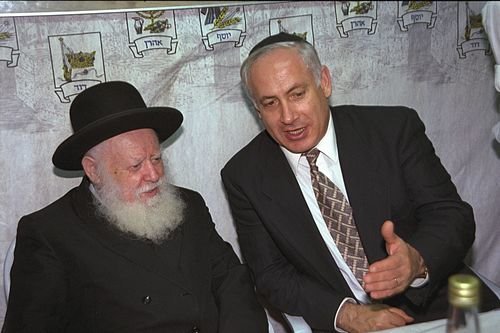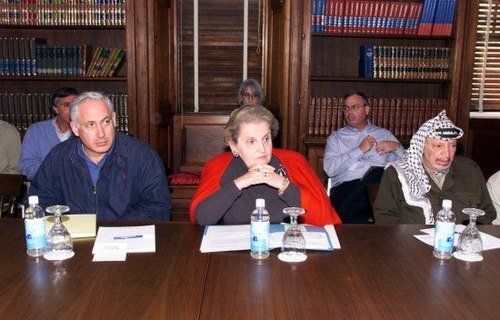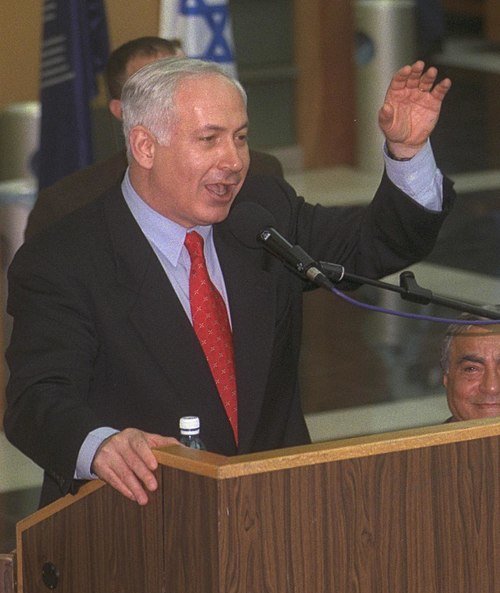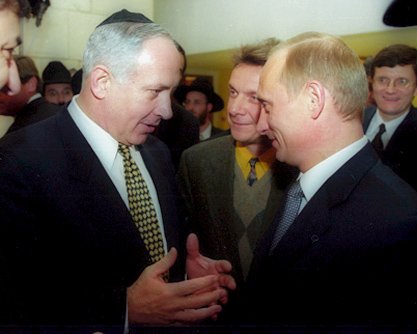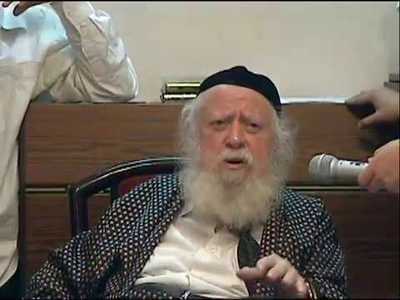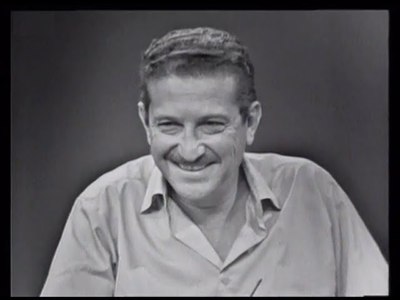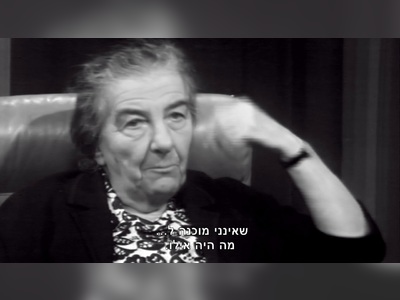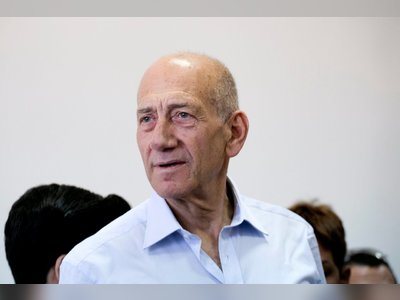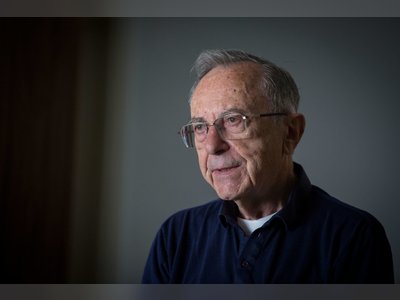מורשת גדולי האומה
בזכותם קיים
beta
Benjamin Netanyahu: A Legacy of Leadership
Benjamin Netanyahu, Israel’s longest-serving prime minister, is a figure carved by both controversy and accomplishment, woven into the modern tapestry of Israel's political landscape.
Born in 1949 in Tel Aviv, to a Zionist family, Benjamin Netanyahu, also known as 'Bibi', carries a lineage steeped in Jewish heritage and intellectualism. His father, Benzion Netanyahu, was a notable historian and a Zionist activist.
Netanyahu’s journey was shaped by his military service in the Israel Defense Forces, participating in numerous missions, including the daring hostage-rescue mission, Operation Entebbe, in 1976.
His diplomatic acumen emerged during his tenure as Israel’s Ambassador to the United Nations from 1984 to 1988, where he ardently defended Israel’s position on the international stage.
Netanyahu's multiple terms as Prime Minister were marked by a focus on security, economic liberalization, and negotiations with Palestinians, with his policies often stirring both support and dissent.
Netanyahu's leadership had reverberating impacts on Jewish communities worldwide. His emphasis on Jewish heritage and identity and his stance against anti-Semitism resonate with many, reflecting a profound commitment to Jewish values and the security of the Jewish people.
Yet, his political journey is not without shadows. Netanyahu has faced significant controversies and legal challenges, leading to polarized opinions about his legacy.
Benjamin Netanyahu’s legacy is a complex mosaic of resilience, ideology, and controversy. His indelible imprint on Israel's history and his relentless advocacy for its security and prosperity have shaped the contours of the nation and its place in the world.
Netanyahu's story is intertwined with the narrative of modern Israel – a narrative of survival, aspiration, and the perpetual quest for peace. As the chapters of his life unfold, the assessment of his contributions and his place in the annals of Jewish and Israeli history continues to be written.
Netanyahu’s journey was shaped by his military service in the Israel Defense Forces, participating in numerous missions, including the daring hostage-rescue mission, Operation Entebbe, in 1976.
His diplomatic acumen emerged during his tenure as Israel’s Ambassador to the United Nations from 1984 to 1988, where he ardently defended Israel’s position on the international stage.
Netanyahu's multiple terms as Prime Minister were marked by a focus on security, economic liberalization, and negotiations with Palestinians, with his policies often stirring both support and dissent.
Netanyahu's leadership had reverberating impacts on Jewish communities worldwide. His emphasis on Jewish heritage and identity and his stance against anti-Semitism resonate with many, reflecting a profound commitment to Jewish values and the security of the Jewish people.
Yet, his political journey is not without shadows. Netanyahu has faced significant controversies and legal challenges, leading to polarized opinions about his legacy.
Benjamin Netanyahu’s legacy is a complex mosaic of resilience, ideology, and controversy. His indelible imprint on Israel's history and his relentless advocacy for its security and prosperity have shaped the contours of the nation and its place in the world.
Netanyahu's story is intertwined with the narrative of modern Israel – a narrative of survival, aspiration, and the perpetual quest for peace. As the chapters of his life unfold, the assessment of his contributions and his place in the annals of Jewish and Israeli history continues to be written.
- בנימין נתניהוhe.wikipedia.org
